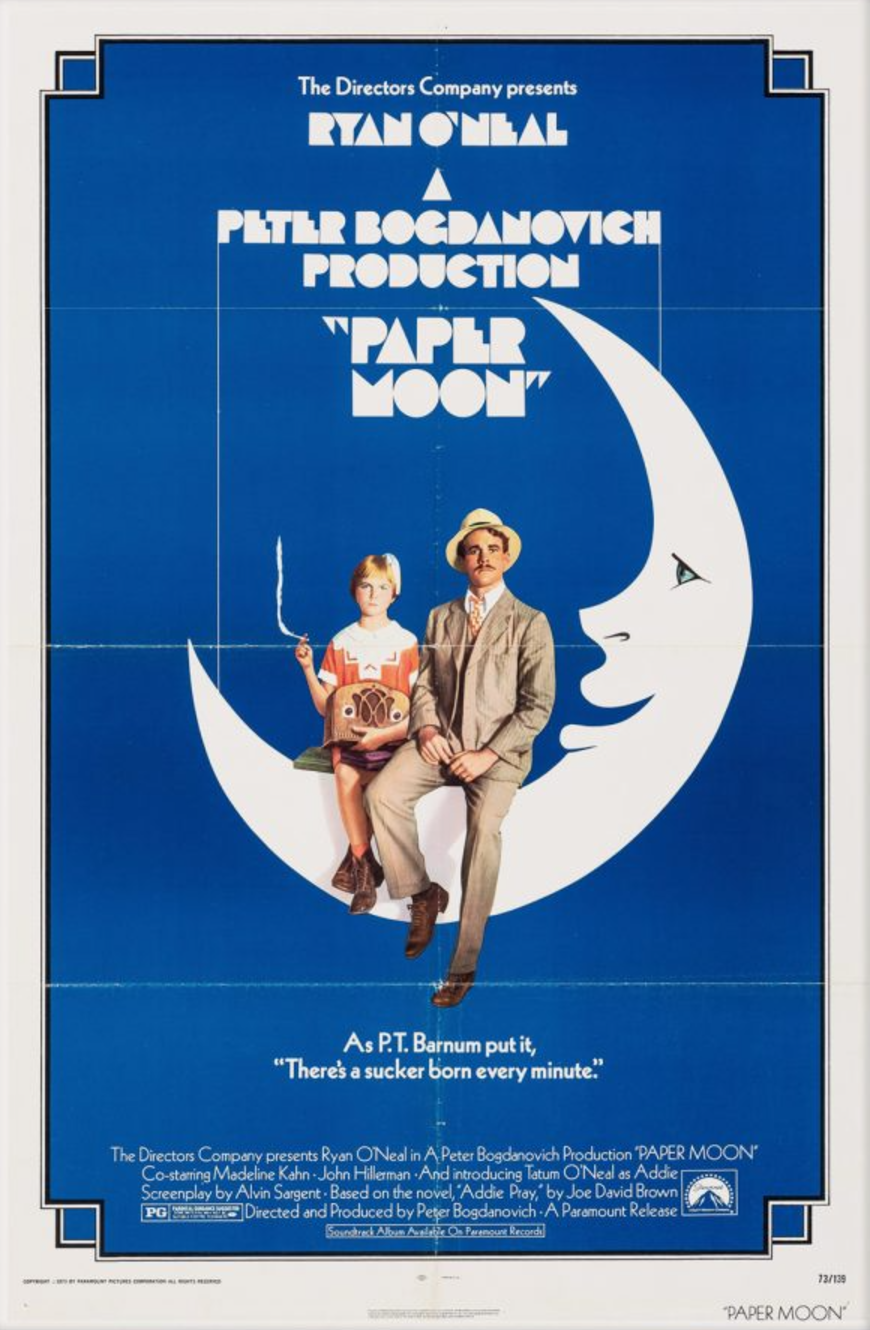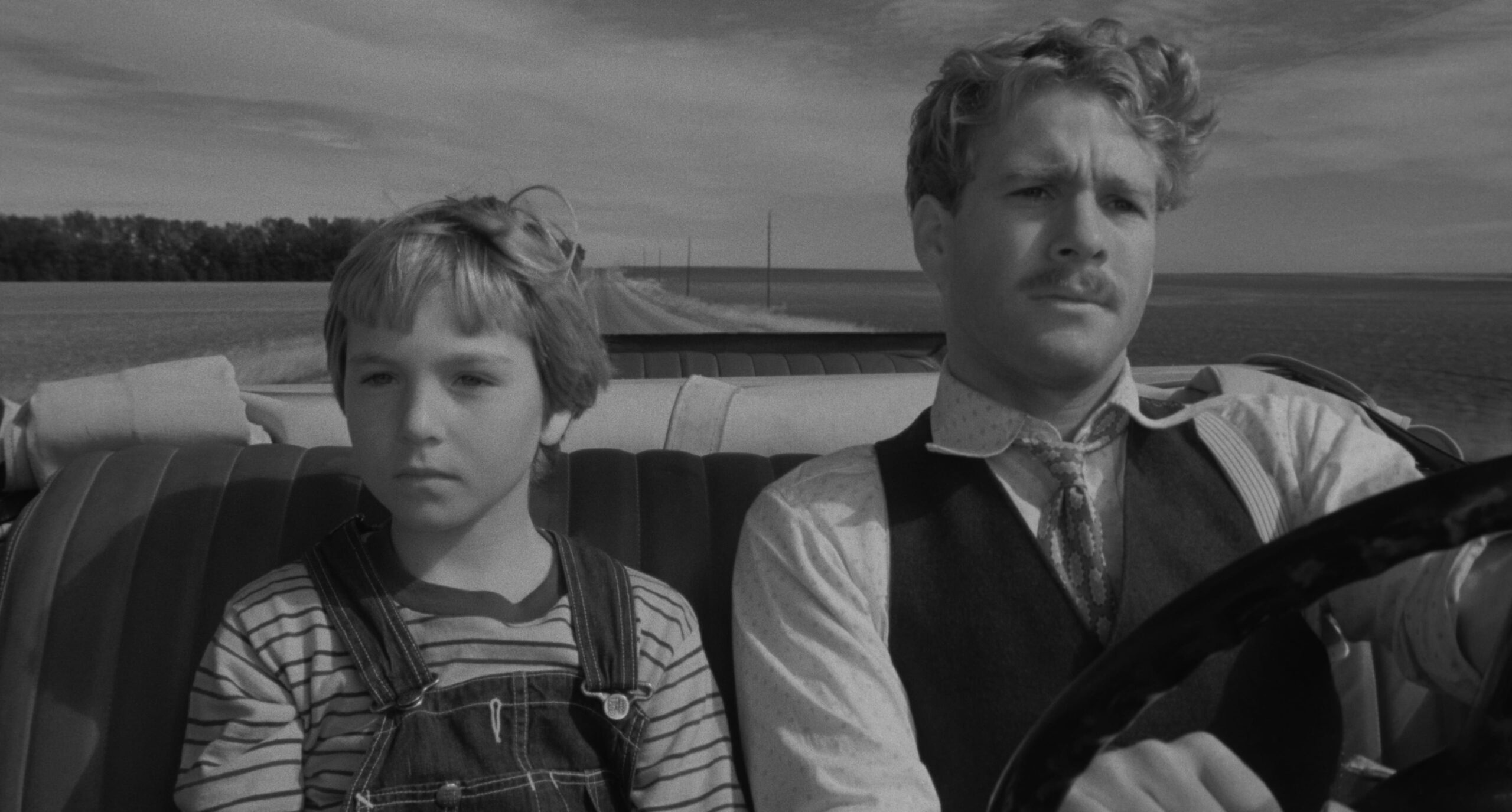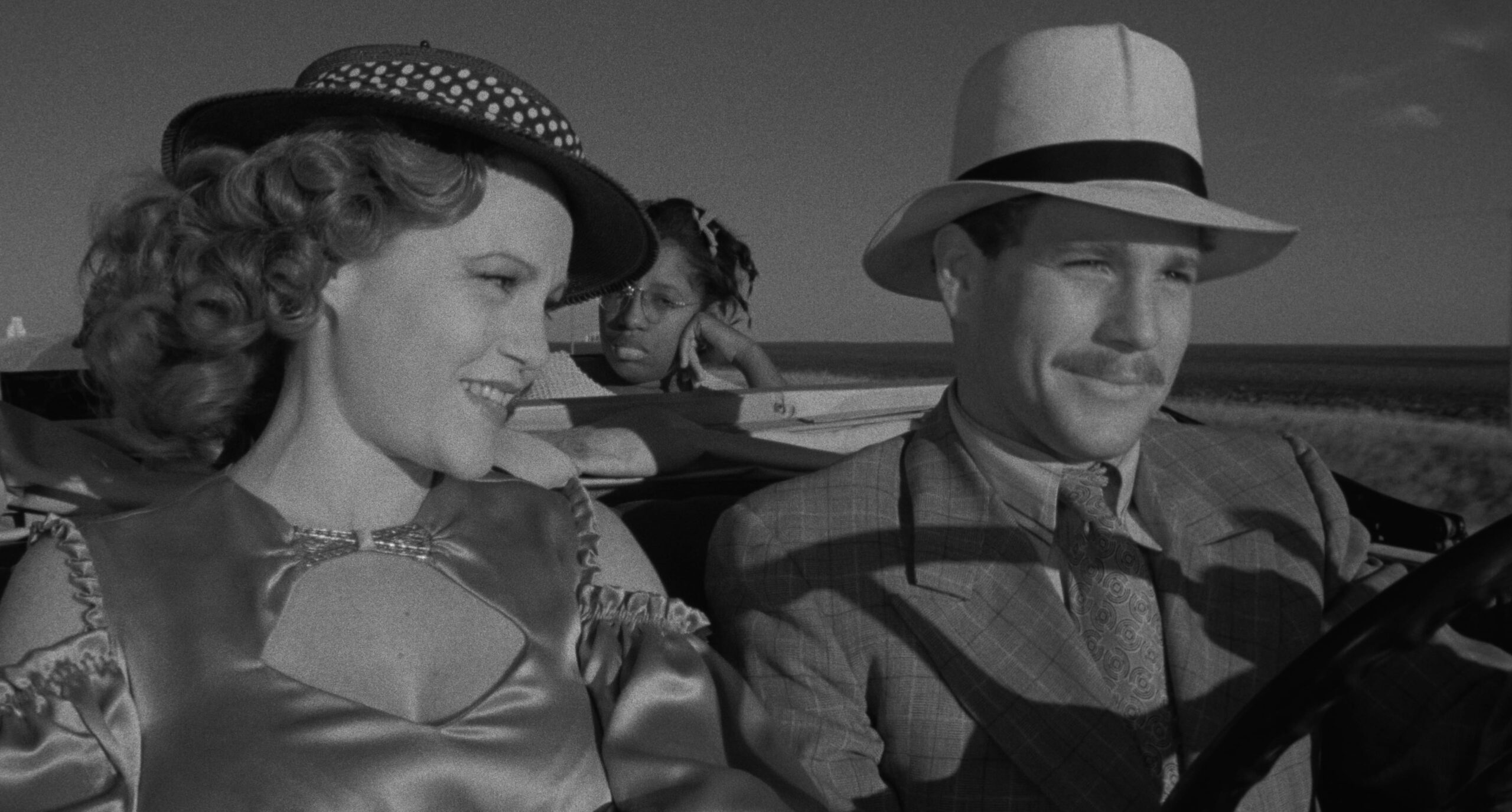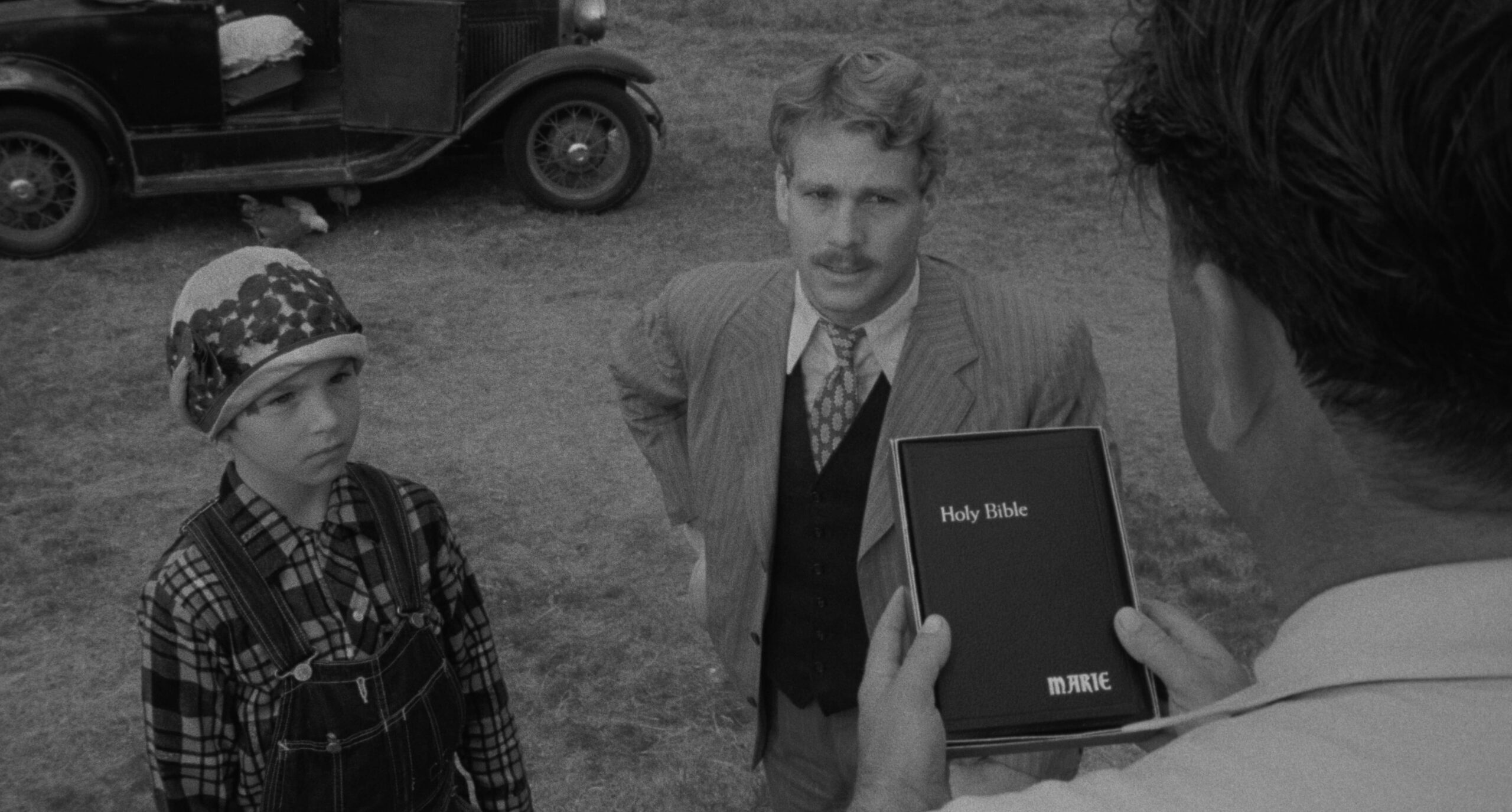For the third time in the past two years, the Criterion Collection has released a film directed by Peter Bogdanovich. In 2023 we saw Criterion publish Targets (1966) and a standalone edition of The Last Picture Show (1971) in a 4K upgrade from its initial release as part of the America Lost and Found: The BBS Story box set they issued back in 2010. Their most recent offering, Paper Moon, made its screen debut in April 1973 and for many of his fans, the movie represents the high point of Bogdanovich’s impressive hot streak that he blazed in the early years of his lengthy but volatile career as one of the most successful mergers of hardcore cinephilia and demonstrably advanced filmmaking prowess. With his screwball comedy tribute What’s Up Doc? (1972) squeezed in between The Last Picture Show and Paper Moon, the director showed remarkable versatility across genres as he applied his young maverick sensibilities and acquired-through-apprenticeship knowledge of how movies were made during Hollywood’s Golden Age to create works that conveyed powerful emotions to their audiences in crowd-pleasing and commercially successful ways.
If The Last Picture Show stirred up feelings of wistful nostalgia for our confused and muddled entry into young adulthood and What’s Up, Doc? aimed for sustained belly laughs, Paper Moon falls somewhere in the middle of the spectrum between the two. Its throwback setting in 1930s Depression-era Midwestern USA doubled-down on Picture Show’s appeal to contemporary viewers’ fondly held memories of the 1950s, and while it’s fair to characterize Paper Moon as a comedy, the chuckles the film seeks to induce are more l0w-key and sentimental than the ever-accelerating uproar that Doc? provokes in audiences receptive to its snappy slapstick brand of humor.
So for those new to the film, let me tell you about Paper Moon. The film stars Ryan O’Neal as Moses “Moze” Pray, a small-time roaming con man seemingly of no fixed address, and introduces in her first screen performance, his real-life daughter, Tatum O’Neal, as Addie Loggins, a highly observant and precocious orphan. The opening scene shows Addie at her mother’s funeral at a desolate graveyard on the Kansas prairie, where she and Moze first meet after he drops in unexpected and uninvited to pay his respects to his presumed lover from years past. Moze is quickly talked into taking Addie into his custody, just temporarily, so that he can deliver her to some distant relatives across the river in Missouri.
Reluctantly bound to each other through this hastily conceived arrangement, there are intonations that Addie and Moze might be more closely connected through blood ties, not just two random strangers briefly occupying the same vehicle. Right away, a charmingly antagonistic chemistry begins to build between the two, and soon enough, Addie overhears Moze working his con game on a grieving widow and realizes he’s a scam artist. Knowing that Moze has taken a fee in exchange for his agreement to provide transport, Addie demands a share of his haul. Along the way, she shows off her own talent for helping rubes part ways with their funds, survival skills presumably passed along to the girl from her late mother, or learned over the course of her youth by paying very close attention to the schemes playing out all around her. Together, the pair embarks on a road trip through the Midwest, working swindles of varying sorts in highly amusing vignettes, each navigating the hazards of getting emotionally entangled with traveling companions that will almost certainly let them down cataclysmically if they allow themselves to get their hopes up that something more lasting might come of it.
Shot in crisp black-and-white by cinematographer-supreme Laszlo Kovacs, Paper Moon evokes the bleakness of the Great Depression in the context of “America’s Bread Basket” while populating the cast with warm, affectionately rendered characters. Tatum O’Neal’s delightfully sassy performance earned her an Academy Award for Best Supporting Actress when she was 10 years old, the youngest winner in Oscar history. Really, her role should have been billed as a Lead – she functions as such in the narrative. Despite her dad’s status as one of Hollywood’s most popular male stars at the time, Tatum is the true heart of the movie.
It’s gratifying and very welcome on my part to see Bogdanovich’s most highly regarded films get such loving attention by the Criterion Collection. For many years, he’s been one of their most frequent contributors when it comes to the bonus supplements usually included on Criterion discs. Doing a search for his name on Criterion’s website, the three films referenced above show up on top, of course, but after that comes a long list of releases that he appears on, almost always in the form of a commentary track or video interview/essay: Red River, Bringing Up Baby, F for Fake, The Lady Eve, Make Way for Tomorrow, Citizen Kane (of course!), Othello, Stagecoach, The Magnificent Ambersons, The Third Man, Trouble in Paradise, Notorious, The Rules of the Game… and even more!
And when I mention that “loving attention” from Criterion, all the cool extras loaded into this release serve as a perfect example of what I mean:
- Beautifully illustrated and designed slipcase digipak edition for the 4K/Blu-ray release, featuring the work of artist Raphael Geroni. I provide a close look at all that in the video clip embedded below.
- Nine-minute video introduction by the director, shot sometime in the 1990s for a previous release of the film, from the looks of it, part of something called “Paramount Directors’ Series”.
- Full-length commentary track delivered by the man himself. Bogdanovich smoothly talks us through all aspects of the film’s making, with insightful, detailed observations on particular scenes and shots.
- Twenty-five minute video essay by Peter Tonguette, who wrote the director’s biography, that expertly guides us through the film and draws our attention to numerous aspects that set us up for a profitable rewatch or refresher.
- Three short featurettes from the archives that provide additional anecdotes related to the making of Paper Moon as told by the director, production designer, cinematographer, and others associated with the production.
- An excerpt from a 1973 episode of The Tonight Show in which Johnny Carson interviews Bogdanovich and the father/daughter O’Neal combo as they were on Paper Moon‘s initial publicity tour.
- A reel of location-scouting footage with comments from Associate Producer Frank Marshall
All in all, this looks to be the definitive package for a film beloved by many that is easily capable of providing a lot of enjoyment from multiple revisits for years to come.
Here’s a clip I posted on my TikTok account, showing off the packaging. It also includes the film’s “Coming Attractions” trailer from 1973 and a few recommendations for follow-up viewing for anyone interested in exploring themes suggested by Paper Moon.
@dee.ell.bee New release review: PAPER MOON (1973) directed by #peterbogdanovinch in a gorgeous 4K/Blu-ray edition by #criterioncollection #papermoon #ryanoneal #tatumoneal ♬ Paper Moon – Steve Wingfield
CONTACT ME:
- David Blakeslee [ BlueSky / Website / Facebook / Letterboxd ]






